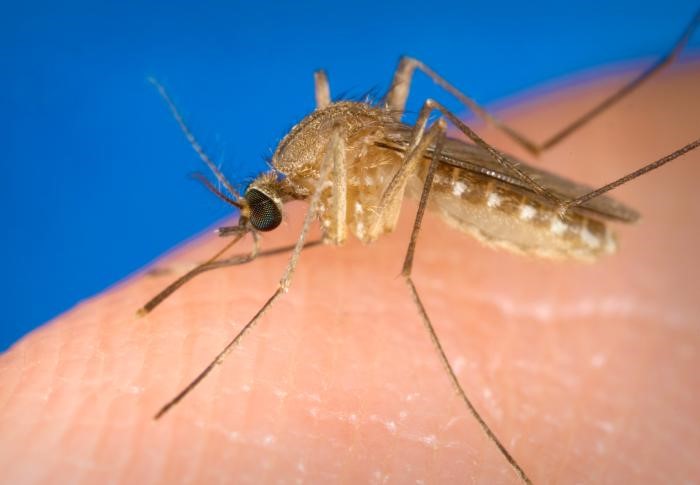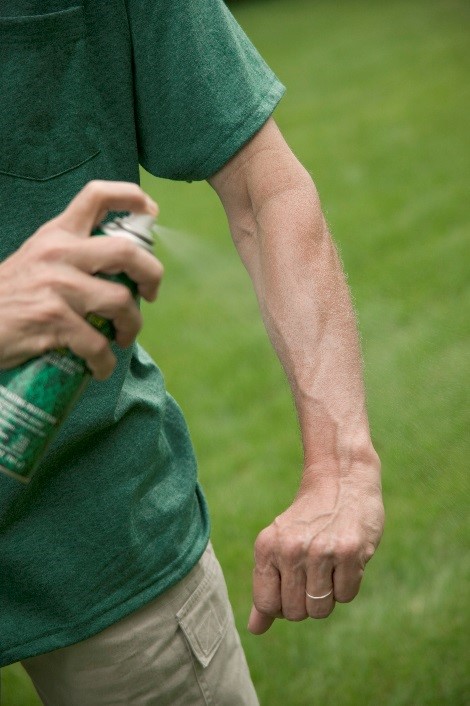
As we officially welcome the summer season this Friday, the Virginia Department of Health reminds everyone the importance of eliminating mosquito breeding sites and taking the proper steps to prevent mosquito bites. Mosquitoes are not only a nuisance, but can also pose a serious risk for the spread of disease.
Every summer the Northern House mosquito transmits West Nile virus (WNV) in Virginia, and 2018 was a record year for WNV, causing severe disease and multiple fatalities throughout the Commonwealth. This particular mosquito species breeds in stagnant water that contains high levels of organic materials (such as dead leaves, algae, grass clippings, or livestock manure). It is an active biter in the evening, nighttime, or early morning hours. This mosquito will also enter homes through any unscreened doors or windows and bite residents after the lights are out at night.
Consider landscaping or filling with sand and gravel to reduce puddles of standing water, draining and covering any unmaintained swimming pools, or any ornamental ponds that do not contain fish, or larviciding un-dumpable aquatic mosquito habitats with dunks or granules to reduce the risk of breeding mosquitoes in the standing water that serves as ideal breeding habitats for WNV-transmitting mosquitoes. Wherever possible; tip, toss, and cover water-holding containers such as buckets, wheel barrows or plastic tubs to prevent mosquitoes from breeding in your yard. The State Public Health Entomologist, Dr. David Gaines, recommends sitting in a well-lit area if outside at night and wearing long pants, and a long-sleeved shirt with EPA-registered insect repellent applied during any outdoor activity.

The majority of people infected with WNV never feel sick. However, about 1 in 150 of infected people will develop a serious, and sometimes fatal, illness. There are several other mosquito-borne viruses such as the La Crosse encephalitis virus, St. Louis encephalitis virus, or the Eastern equine encephalitis virus that may be carried by other backyard breeding mosquitoes and may similarly cause illnesses in Virginia citizens.
Stay up-to-date with WNV case data and learn more about mosquito surveillance in Virginia by checking out the “Virginia Mosquito Activity Reports” on the “Bugs & Human Health” statistics page. Tune in to hear about WNV prevention from Fairfax County’s MC Bugg-Z in his newest rap “West Nile Story”.
We hope you and your family have a safe and healthy summer!
